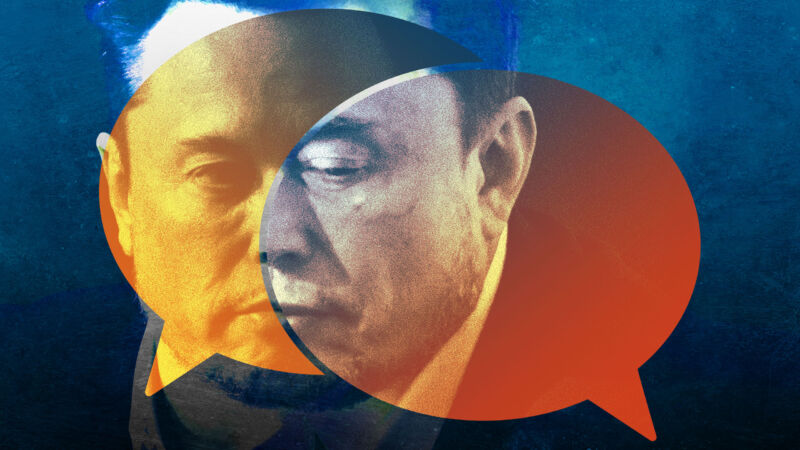
X used to be called Twitter, but soon it will become "the Everything App," and that day is "closer than everyone thinks," X CEO Linda Yaccarino promised in one of her first X posts of 2024.
"Nothing can slow us down," Yaccarino said.
Turning Twitter into an everything app is arguably the reason that Elon Musk purchased Twitter. He openly craved the success of the Chinese everything app WeChat, telling Twitter staff soon after purchasing the app that "you basically live on WeChat in China because it’s so usable and helpful to daily life, and I think if we can achieve that, or even get close to that at Twitter, it would be an immense success,” The Guardian reported.
In October 2022, Musk teased that he "could be wrong," but he expected that within three to five years, he could turn Twitter into an everything app (also known as a super app). But more than a year later, X still seems far away from following in WeChat's footsteps.
Musk's grand vision has always been to morph the bird app—a mostly unprofitable place where users initially went to tweet "short bursts of inconsequential information"—into something hugely profitable: The only app a user would ever need in daily life.
To Musk, this meant that users wouldn't just be opening X to post a joke or confirm an earthquake just hit, giving X a little ad revenue with each login. Instead, the app would become users' exclusive destination to place calls, text, goof off with friends, send payments, bank, and, of course, shop online—giving X seemingly boundless opportunities to profit more from each login. It could even turn X into a trillion-dollar company, Musk has claimed.
While many wonder how X could achieve this seemingly impossible dream, Sangeet Paul Choudary, a global expert on platform economics and network effects, told Ars that X is well-positioned to become a super app, although he remains skeptical that it will make all the right moves.
If X can avoid some of the missteps that led other wannabe super apps to fail, as Choudary wrote in his Substack last November—such as tacking on features that don't leverage the unique relationship between accounts and followers that made Twitter so popular in the first place—Choudary sees at least one path where X could succeed.
X’s potential path to becoming an everything app
Right now, when you open the X app, you see a pair of social media feeds that you can toggle between—the "for you" and "following" feeds—as well as options to post, search, and use Grok, X's chatbot. If you click on your profile in the app, you can access a separate menu to jump to other X features, like Spaces or Communities, or, if you're an eligible creator, you can check out how the monetization of your posts is going.
X may simply continue adding features one by one to whatever menus currently exist on the app. But it's also possible that X could get a total makeover by the end of 2024—with potentially more options to access payment features coming soon that might expand its creator economy and fuel an as-yet unexplored world of X e-commerce options. By 2030, X might morph so much—and possibly become so consequential to some users' daily lives—that people could finally respect Musk's X rebrand and stop calling his app by its former name, Twitter.
Whichever route X takes, the company needs to be strategic at every step, Choudary told Ars, if it wants to be a super app. For example, just adding a Buy button on X's interface—like Twitter already tried to do with Stripe—or attempting "to become the next PayPal embedded in a social network" would likely fail. But "if it gets its ducks in a row, I could see X moving in the direction of a creator monetization network where creators who have built followership on X can now monetize it," Choudary said. Taking that route, X could potentially succeed as a super app by adding features that directly support creators and then widely catch on with other users.
reader comments
327